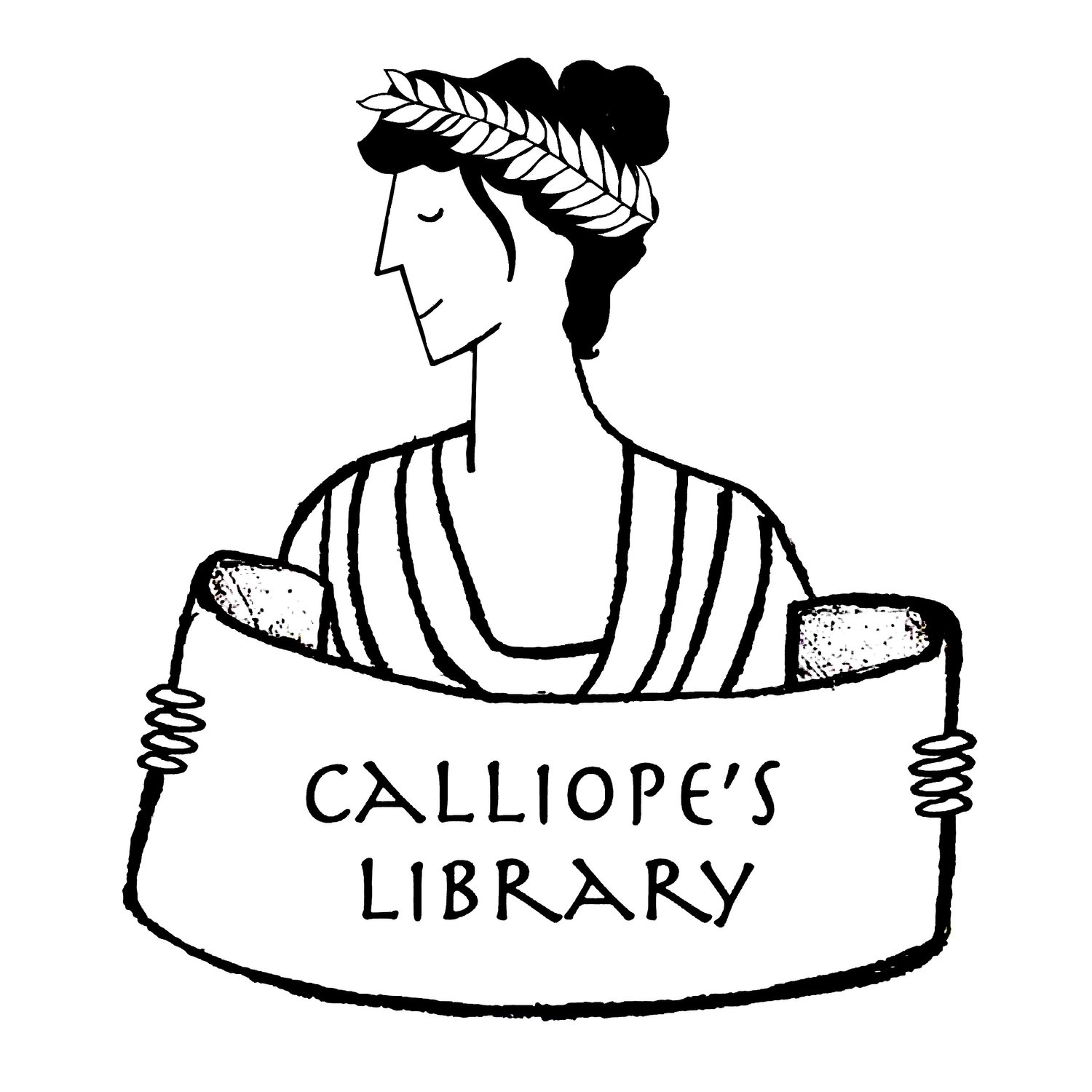Title: Pandora
Author and Illustrator: Victoria Turnbull
Date: 2017
Tags: 4+, Picture book, Setting: Contemporary, Protagonist: Female, Protagonist: Animal, Pandora
Readers interested in a scholarly approach to children’s literature may consult this title on Our Mythical Childhood Survey*
The Pandora of Turnbull’s picture book is a girl-fox who lives alone amid heaps of trash. She collects and fixes broken things. When she finds an injured bird, she makes it snug in a box and nurses it back to health. As the bird grows strong, it brings Pandora sprigs of plants, which take root in the box. Though Pandora becomes depressed when the bird disappears, the plants grow. One day Pandora awakens to sunshine, greenery, and her returned bird-friend. Turnbull’s adaptation reverses the traditional negative portrayal of Pandora. Turnbull’s Pandora does not unleash lasting troubles for humans like her Hesiodic counterpart; instead, she repairs things and participates in the recuperation of her environment. Gone is the punitive edge of the myth and its scapegoating of women. Turnbull’s poetically spare words and beautiful detailed illustrations deliver a story for all ages, one in which care and friendship crucially contribute to the restoration of the world’s flourishing. – Rebecca Resinski
* For further information on the Our Mythical Childhood Survey, please refer to the website of the project “Our Mythical Childhood” [link: http://omc.obta.al.uw.edu.pl/], led by Prof. Katarzyna Marciniak at the Faculty of “Artes Liberales,” University of Warsaw, Poland, with the participation of Bar Ilan University, University of New England, University of Roehampton, University of Yaoundé 1, and other affiliated scholars, within the funding from the European Research Council (ERC) under the European Union’s Horizon 2020 Research and Innovation Programme (grant agreement No 681202).


